- this day in history
- Posts
- July 5, 2024
July 5, 2024
The Untold Stories of Revolution, Innovation, and Iconic Firsts!
July 5, 2024 — The Untold Stories of Revolution, Innovation, and Iconic Firsts!

This day in history logo
July 5th might seem like an ordinary day, but it’s brimming with historical significance and notable events. From revolutions and battles to groundbreaking discoveries, let’s delve into the fascinating stories that make July 5th remarkable.
On July 5, 1981, Sandra Day O’Connor was nominated by President Ronald Reagan as the first female Associate Justice of the Supreme Court of the United States. This groundbreaking appointment shattered a significant glass ceiling in the American judicial system, paving the way for greater gender equality in the highest echelons of the legal profession.
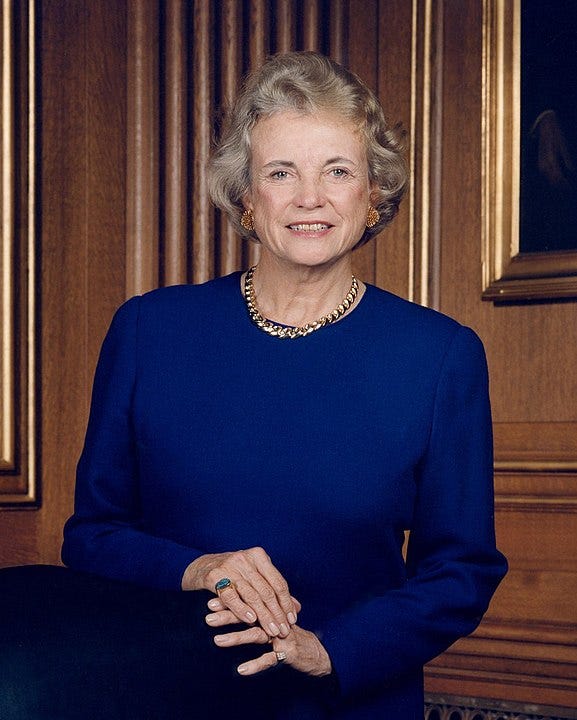
Sandra Day O’Connor, 1st Female Associate Justice of the Supreme Court of the United States
On July 5, 1905, a series of events began in Russia that led to the Russian Revolution of 1905. This uprising was a wave of mass political and social unrest that spread through vast areas of the Russian Empire. It included worker strikes, peasant unrest, and military mutinies. Although it was not successful in overthrowing the Tsarist autocracy, it led to significant reforms, including the establishment of the Duma, Russia’s legislative assembly.
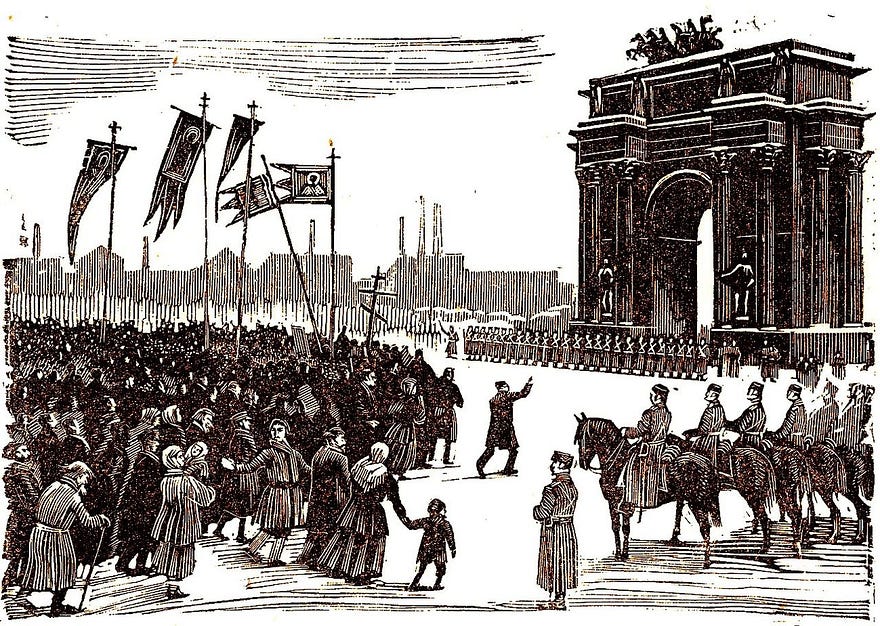
On the morning of January 9 (at the Narva Gates). Engraving by an unknown artist.
On July 5, 1920, tensions surrounding the Balfour Declaration intensified. The declaration, issued in 1917 by the British government, supported the establishment of a “national home for the Jewish people” in Palestine. This day marked a peak in the ongoing conflict between Jewish and Arab populations in the region, setting the stage for decades of geopolitical strife.

The original letter from Balfour to Rothschild
On July 5, 1943, the Battle of Prokhorovka, one of the largest tank battles in history, began. This clash was part of the larger Battle of Kursk during World War II. The Soviet Red Army and the German Wehrmacht engaged in intense combat, with the Soviets eventually gaining the upper hand. This battle marked a turning point on the Eastern Front, leading to the eventual defeat of Nazi Germany.

Soviet and German deployments near Prokhorovka on the eve of the engagement of 12 July. Positions of the II SS-Panzer Corps are in blue; the red dashed line shows the position of Soviet forces directly opposing the SS-Panzer Corps. The black dashed line is the railway running from Prokhorovka southwest through the Psel corridor (the strip of land between the Psel River and a tributary of the Northern Donets River).
On July 5, 1946, French fashion designer Louis Réard introduced the bikini in Paris. This bold new swimwear design was named after the Bikini Atoll, the site of nuclear tests. The bikini revolutionized beach fashion and became an enduring symbol of freedom and modernity in the post-war world.
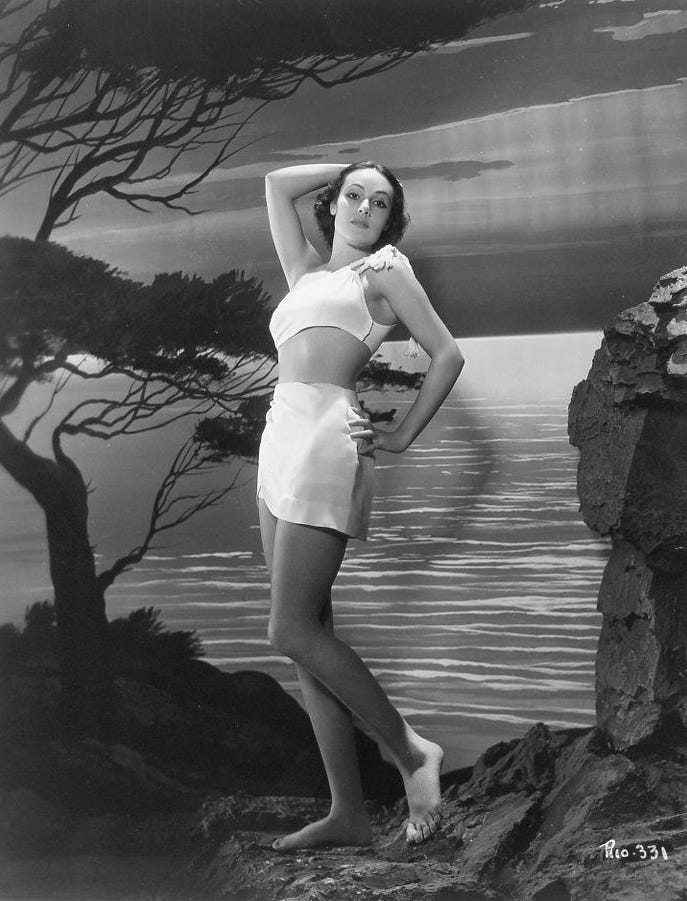
Mexican actress Dolores del Río posing in a publicity photograph for the film In Caliente (1935). Del Río was a pioneer in wearing a two piece swimsuit.
On July 5, 1962, Algeria gained independence from France after a brutal and protracted war of liberation. The Algerian War of Independence, which began in 1954, was marked by fierce fighting, significant loss of life, and widespread atrocities. Independence Day in Algeria is a powerful reminder of the country’s struggle for sovereignty and the resilience of its people.

Collage of the French war in Algeria
Notable Births and Deaths
Isaac Newton, one of history’s most influential scientists, was born on January 4, 1643, and died on July 5, 1727. His work in mathematics, physics, and astronomy laid the groundwork for much of modern science. Newton’s laws of motion and universal gravitation are cornerstones of physics, and his contributions continue to shape our understanding of the natural world.

Portrait of Newton at 46, 1689
Cecil Rhodes, a British businessman and imperialist, died on July 5, 1902. Rhodes was a controversial figure whose policies and vision significantly influenced the history of Southern Africa. He founded the De Beers diamond company and was a fervent advocate for British colonial expansion. Rhodes Scholarships, funded by his estate, continue to support international students studying at the University of Oxford.
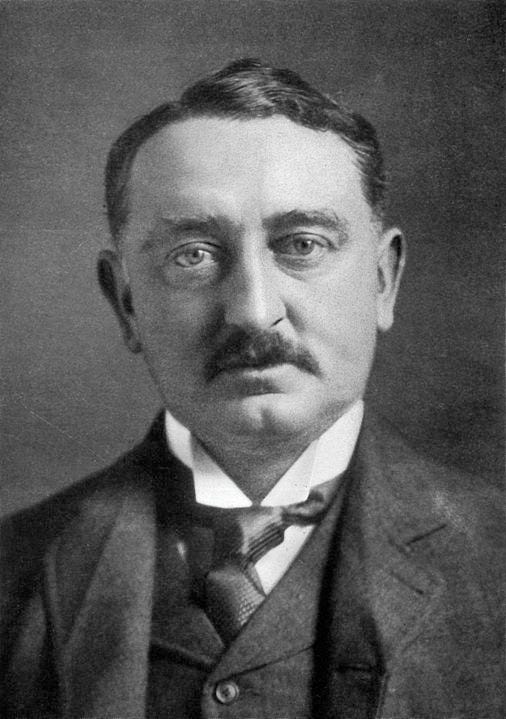
Rhodes, c. 1900
Jean Cocteau, born on July 5, 1889, was a French poet, novelist, playwright, and filmmaker. His avant-garde works and collaborations with other artists, such as Pablo Picasso and Igor Stravinsky, cemented his place in the pantheon of 20th-century art and literature. Cocteau’s creativity and innovation left an indelible mark on the cultural landscape.
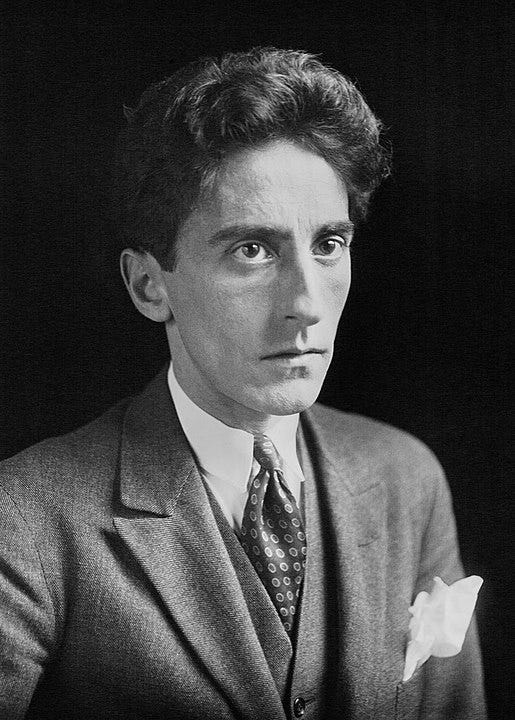
Jean Cocteau (1889–1963), French poet, novelist, dramatist, designer, playwright, artist and filmmaker. Picture taken in 1923: glass negative, restored and cropped print.
Phineas Taylor Barnum, born on July 5, 1810, was an American showman, businessman, and entertainer. He is best known for founding the Barnum & Bailey Circus, which became known as “The Greatest Show on Earth.” Barnum’s legacy in entertainment and popular culture is enduring, with his name synonymous with showmanship and spectacle.
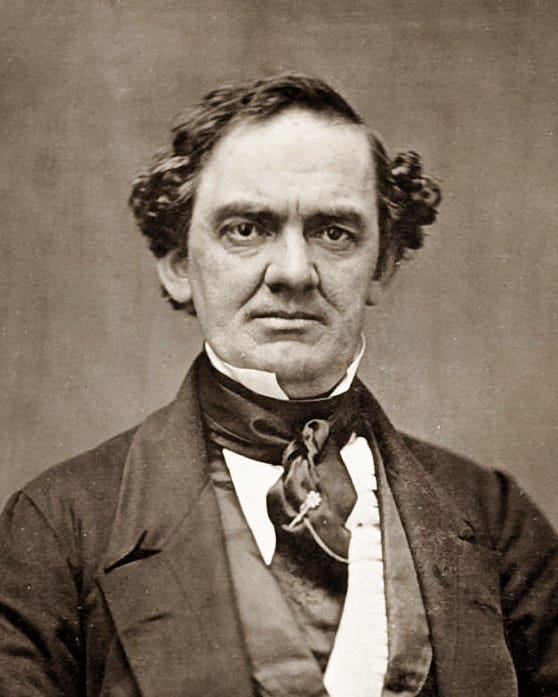
Barnum in 1851
Thank you for reading todays edition of “TDIH — This Day In History”
